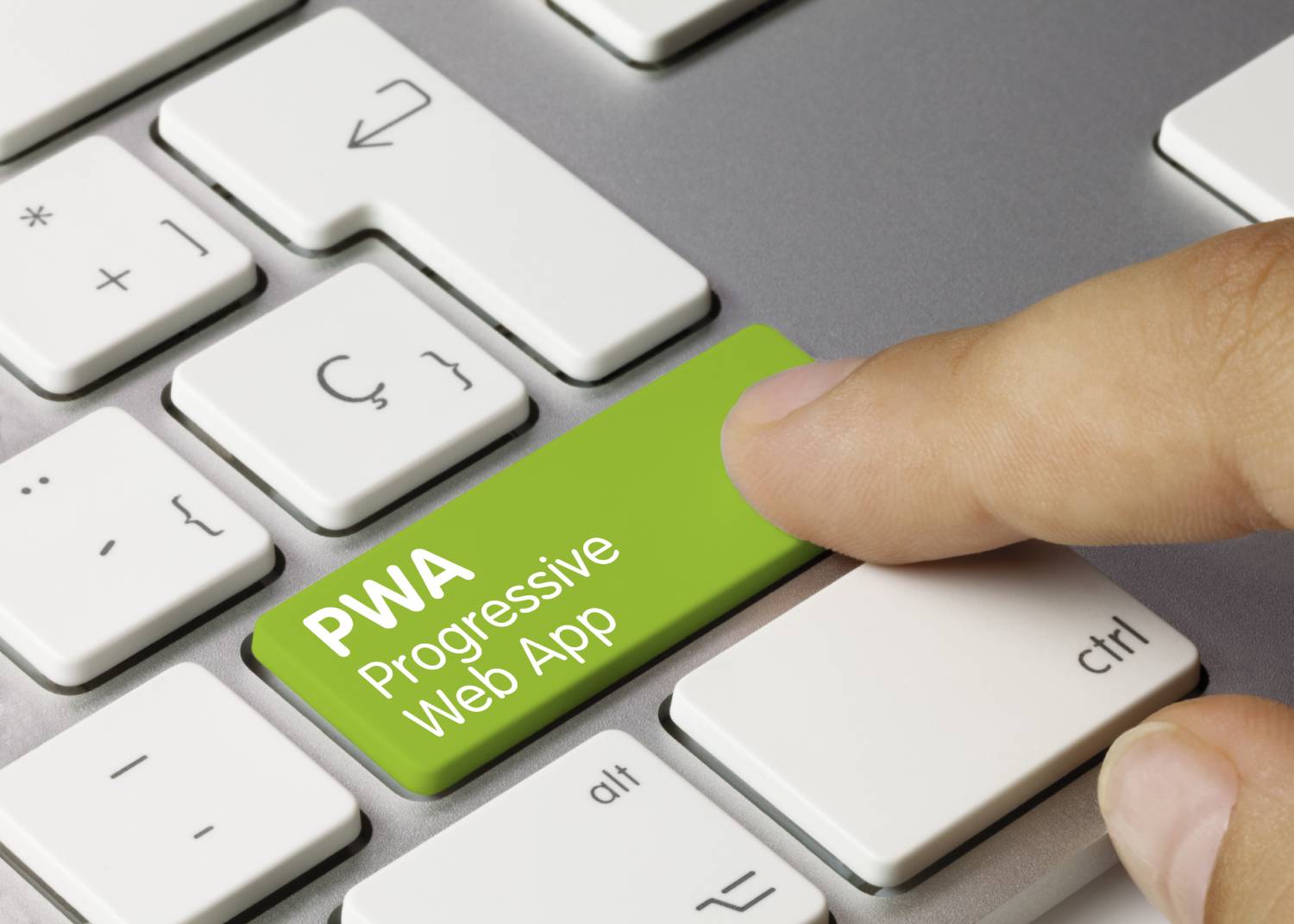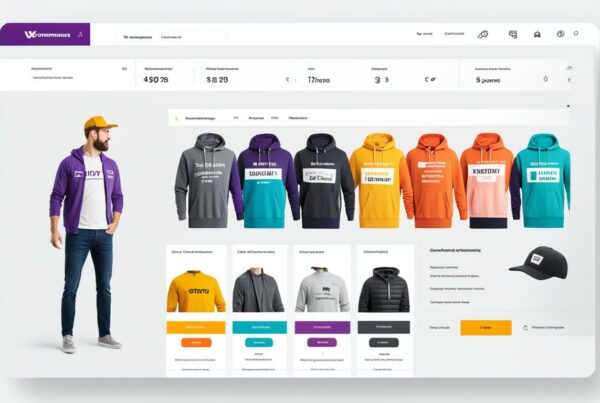Developers sum up PWAs as just websites that took all the right vitamins. But what does that mean and what is involved? Perhaps more importantly, should get I one for my business?
The short…
The line between websites and mobile apps is blurring. Just as users demand the same functionality on mobile devices as on a desktop, so websites are now morphing into mobile apps.
A PWA combines the features of a website and an app, but doesn’t require to be downloaded, doesn’t rely on an App Store and works in the same way on both mobile and desktop. A PWA will cope with variable network connection conditions to launch and perform as reliably as any app on your phone, especially when out and about, and run faster than a website.
In short, PWAs are to websites what 5G is to 4G.
More specifically, Google developers list 10 attributes a website must have to be considered a PWA.
…and the long of it
- Progressive — This means that all users can access the basic content and functionality of a PWA page, using any browser or Internet connection, with enhanced versions of the page for those using advanced browser software or greater bandwidth.
- Responsive — Automatically fits any device: desktop, mobile, tablet, or devices yet to come.
- Connectivity independent — Continue using the PWA when offline or with poor connection, via background scripts called Service Workers. Reconnect and update seamlessly when connection improves.
- App-like — Interactions and navigation feel like an app to the user. Smooth scrolling & interactions.
- Fresh — Stays up to date due to the Service Worker update process.
- Safe — HTTPS connection prevents snooping and safeguards content.
- Discoverable — Shows up in search engine results, and is even favoured by Google in SEO terms. Is identifiable as an App via manifest.json and Service Worker registration.
- Re-engageable — Can send push notifications: maintain contact & engagement with users even when not using the PWA.
- Installable — Once the user accepts the Add to Home Screen prompt, your PWA will be added to their launcher, without the use of an App Store, and it will run like any other installed app.
- Linkable — Zero friction: can easily be shared via a URL, does not require complex installation.
Compatibility
Google Chrome, Apple Safari, Mozilla Firefox, Microsoft Edge, Opera, Samsung Internet browsers all support PWAs, with more browsers coming on board.
Examples
The big boys are leading the way – and reaping the benefits.
Pinterest’s UK website was not performing well – it was slow and a low proportion of visitors went on to install the mobile app. Their fortunes changed dramatically with their Progressive Web App: 60% increase in engagement, an increase in ad click-throughs and user-generated ad revenue.
Uber was suffering from limited connectivity: users needed a high-end device on a 4G network to make the best of the service. Their new lightweight PWA loads within three seconds on a 2G network, opening up their product to the masses.
Other mega-corporations on the PWA bandwagon include: Twitter, Android Messages, Google Maps, Google Photos, Forbes, Tinder, Starbucks, Flipboard, Telegram, Ali Baba, Air France Mobile and the list goes on.
Is there a downside?
At present, a PWA can’t access the Bluetooth function in a user’s phone, so indoor geo-location is ruled out.
Although a PWA is faster than a traditional website, they can run a bit more slowly on a phone than a native app, which is loaded directly onto the device.
Conclusion
So, that’s just about it: PWAs are the way forward, combining the best of a website and an app. If you’d like to investigate how a PWA could help your business, contact Internet Creation now.
Internet Creation Ltd. specialises in Web Design & Development, Graphics Design and Digital Marketing (SEO & PPC). For more information on how we can help your business, email [email protected].





